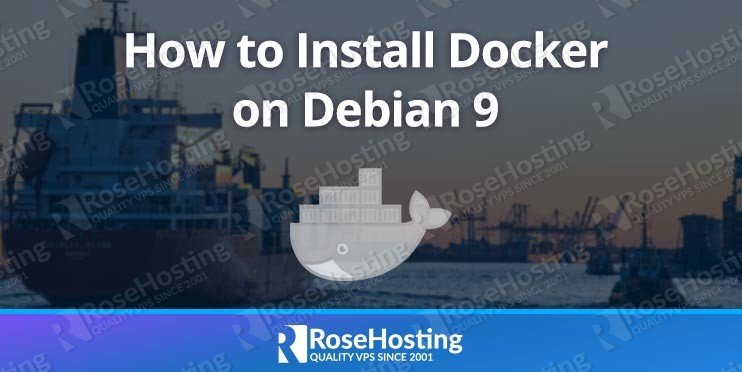In this article, we will be installing and setting up Docker on a Debian 9 VPS.

Here are the top reasons why organizations and businesses use Docker:
- Increased developer productivity
- Increased deployment velocity
- Increased IT operation efficiency
- Faster resolution of issues that may arise
- Reduction in IT infrastructure cost
Docker is currently developed and maintained by Docker Inc. and is written using the mainstream Go programming language. It is licensed under Apache License 2.0. As of writing, the latest stable version of Docker is 18.09.5.
There are currently two editions of Docker:
- Docker CE – Community Edition – Open Source Software supported by the community and Docker Inc.
- Docker EE – Enterprise Edition – certified and supported by Docker Inc.
Let’s start installing Docker.
